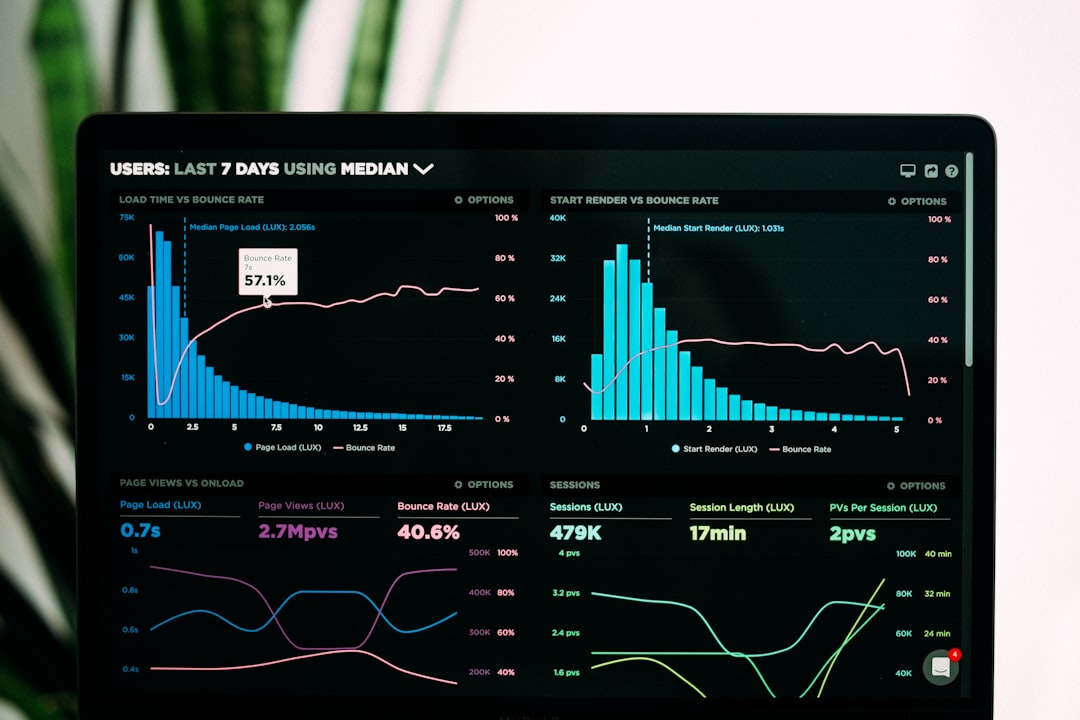Unlock encrypted content
Please enter your SSCE key to initiate on-the-fly decryption.
Decryption key: (Click cancel if you don't have the key)
Copied link to clipboard.
This feature is unavailable for free accounts. Upgrade now and enjoy all Premium benefits.
Go Premium!
This feature is unavailable for free accounts. Upgrade now and enjoy all Premium benefits.
Go Premium!
Please open this page in browser ( Google Chrome or Safari ) to use this feature.
Open In Browser
File Access Control: Ensuring Security and Efficiency in Data Management
Random related video for this blog.
Copied share link to clipboard.
Whether you are an individual or a business, having control over your files and data is crucial. This is where file access control comes into play. By implementing robust file access control measures, you can ensure that your files are protected from unauthorized access while also allowing for seamless collaboration and efficient data management.
What is File Access Control?
File access control refers to the process of granting or restricting access to files and data based on predefined permissions and user roles. It allows you to define who can access, modify, or delete files within a system. By implementing file access control mechanisms, you can ensure that only authorized individuals or groups can interact with specific files or data.The Importance of File Access Control in Synthetic Biology
In the field of synthetic biology, file access control plays a vital role in ensuring the security and integrity of research data. Synthetic biology involves the design and construction of biological systems and organisms using engineering principles. This field often deals with sensitive information, such as genetic sequences, experimental data, and research findings. By implementing file access control measures, researchers can protect their data from unauthorized access or tampering. For example, a research team working on a genetically modified organism can restrict access to the specific files containing the organism's genetic sequence to only authorized team members. This ensures that the research remains confidential and reduces the risk of intellectual property theft or misuse.Enhancing Collaboration with File Access Control
One of the key benefits of file access control is its ability to facilitate seamless collaboration. In today's interconnected world, many projects and tasks require multiple individuals or teams to work together on shared files or documents. File access control allows you to define user roles and permissions, granting different levels ofaccess to different individuals or groups. For example, in a collaborative video editing project, you can assign different roles to team members based on their expertise. The editor may have full access to modify and edit the video files, while other team members, such as sound engineers or graphic designers, may have limited access to their respective areas. This ensures that each team member can work on their assigned tasks without interfering with others' work.
Scalability and File Accessibility
When it comes to file management, scalability is a crucial factor to consider. As your data grows, you need a storage solution that can accommodate your increasing needs without compromising on accessibility and performance. Cloud storage solutions, such as FileLu, offer scalability options that allow you to upgrade or downgrade your storage plan as per your requirements. FileLu's Free plan offers two options: 10 GB or 250 GB, providing ample storage for individuals or small businesses. For those with larger storage needs, FileLu's Premium plans range from 1 TB up to a whopping 500 TB. This scalability ensures that you can easily adjust your storage capacity as your data grows, without the hassle of migrating to a new storage solution.Secure Data Transmission and Data Mirroring
Data security is of utmost importance when it comes to file management. File access control works hand in hand with secure data transmission protocols to ensure that your files are protected during transfer. FileLu, for instance, utilizes secure encryption algorithms to safeguard your data during upload and download. Additionally, FileLu employs data mirroring across multiple data centers to ensure redundancy and data integrity. This means that your files are stored in multiple locations simultaneously, reducing the risk of data loss due to hardware failures or natural disasters. Data mirroring provides an added layer of protection and ensures that your files are accessible even in the event of unforeseen circumstances.Conclusion
In conclusion, file access control is a crucial aspect of efficient and secure file management. Whether you are working in synthetic biology or any other field, having control over your files and data is essential to protect your intellectual property and ensure seamless collaboration. By implementing file access control measures, such as those offered by FileLu, you can enhance the security and efficiency of your data management processes.Frequently Asked Questions (FAQs) Question: How does FileLu's file access control work?
Answer:
FileLu's file access control allows you to assign user roles and permissions, granting or restricting access to specific files or data based on predefined settings. This ensures that only authorized individuals or groups can interact with your files. Question: Can I upgrade or downgrade my storage plan with FileLu?
Answer:
Yes, FileLu offers scalability options that allow you to upgrade or downgrade your storage plan at any time. This flexibility ensures that you can adjust your storage capacity as your needs change. Question: How does FileLu ensure data security during transmission?
Answer:
FileLu employs secure data transmission protocols, including encryption algorithms, to protect your files during upload and download. This ensures that your data remains secure and confidential. Question: What is data mirroring, and why is it important?
Answer:
Data mirroring is the process of storing data in multiple locations simultaneously. This ensures redundancy and data integrity, reducing the risk of data loss due to hardware failures or natural disasters. Question: What is the maximum file size that can be transferred using FileLu?
Answer:
FileLu allows for large file transfers, with a maximum file size of up to 250 GB. This makes it suitable for transferring large files such as videos, high-resolution images, or datasets.
By Amelia Isabella
Email: [email protected]
Related
Streamlined File Sharing Workflows and Efficient Data Replication for Cyberpunk...
June 1, 2023
Read More
The Future is Now: Holographic Data Storage, Futuristic Transportation, and...
June 1, 2023
Read More
The Importance of Multi-Factor Authentication and Cloud Storage Reliability for...
June 1, 2023
Read More
Efficient Data Transfer and Cybersecurity Solutions for Flexible Storage Quotas.
June 1, 2023
Read More
Popular
Latest
The Future of Digital Transformation: Exploring Smart Homes, Efficient File...
November 30, 2025
Read More
Exploring the Benefits of Cloud Storage and Innovative Technologies in...
November 26, 2025
Read More
The Future of Technology: Exploring Biohacking, Space Tourism, and Digital...
November 23, 2025
Read More
The Future of File Sharing: Streamlined Workflows for Photographers and...
November 19, 2025
Read More
Exploring the Intersection of Technology: From Cybersecurity to Augmented Reality...
November 16, 2025
Read More
The Future of File Management: Embracing Edge Computing and Efficient...
November 12, 2025
Read More
The Future of File Sharing: Exploring User-Friendly Solutions and Data...
November 5, 2025
Read More
The Future of Cloud Storage: How FileLu Empowers Creative Professionals...
November 2, 2025
Read More
The Future of Autonomous Technologies: Innovations in Robotics, File Sharing,...
October 29, 2025
Read More
Emerging Technologies Revolutionizing File Management: From Li-Fi to Robust Collaboration...
October 26, 2025
Read More
Emerging Technologies: Exploring the Impact of File Access Auditing, Genetic...
October 19, 2025
Read More
The Future of Data Storage: Exploring Advanced Encryption, Mobile Integration,...
October 5, 2025
Read More
Exploring the Future of Data Management: Security, Efficiency, and Cognitive...
September 28, 2025
Read More
Revolutionizing Data Management: Innovations in Storage, Security, and Sustainable Technology.
September 24, 2025
Read More






















